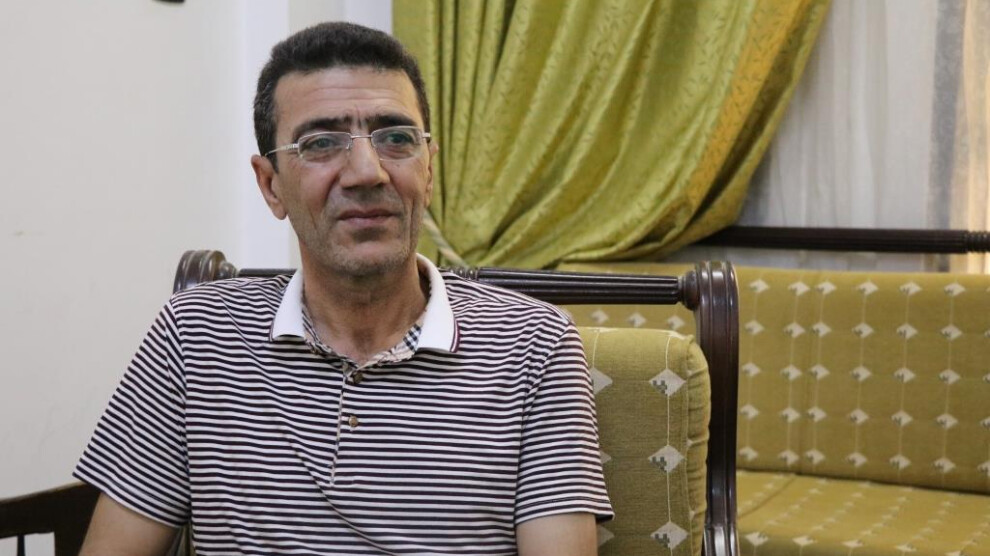The Turkish attacks on guerrilla-held Medya Defense Zones in southern Kurdistan (northern Iraq) continue. The invading Turkish army has used chemical weapons and toxic gas 323 times against HPG and YJA Star guerrillas in 6 months.
According to the monthly balance sheet released by the People’s Defense Forces (HPG), the invading Turkish army carried out 164 chemical attacks against the guerrilla forces in the last month.
Rojava University Chemistry Department lecturer Mistefa Kihêl spoke to ANHA about the Turkish use of chemical weapons, their effects, types and purposes.
Kihêl noted that these weapons are used for massacre and genocide.
DETRIMENTAL EFFECTS OF CHEMICAL WEAPONS CONTINUE FOR YEARS
Kihêl pointed out that detrimental effects of chemical weapons persisted for many years, referring to the examples of Vietnam and Halabja. “Thousands of people lost their lives and their impact on nature has remained. Even children born recently are not normal.”
“Most of the gases currently used are mustard gases, cold and white Phosphorus, and nitrogen. The Turkish army uses these gases but does not reveal them as a government secret. States are using these gases for their own interests,” he continued.
'BURNING HUMAN BODY'
“When chemical gas contacts the human body, cancer begins to spread into every part of the body. It affects the heart, lungs, nervous system and even the eyes. Chemical weapons give rise to a new generation that is not normal. It also harms nature and transforms it,” the lecturer said.
Kihêl stated that when white phosphorus reacts with oxygen it burns the human body and even melts the lungs. He cited the burns on the body of a boy named Mihemed in Rojava, where this gas was used.
The Turkish army used chemical weapons in its attacks on Serêkaniyê in 2019. Effects of chemical weapons were seen on the body of a boy named Mihemed Mihemed, which received widespread media coverage globally.
Kihêl spoke about the impact of chemical weapons on nature and the environment, saying, “Their effects continue for decades. Fruit trees cannot yield their normal products. Chemicals even affect stones in the seas and rivers.”
“Chemical weapons not only damage the area in which they are used, but also the surrounding area. When they penetrate into surrounding plants, they affect the entire environment,” he added.
CRIMES AGAINST HUMANITY
Kihêl remarked that the use of chemical weapons is banned world-wide due to the above-mentioned outcomes. “But unfortunately, the interests of states and their relations with each other pave the way for the use of these weapons. The Turkish state used chemical weapons against the Armenians in the past. A few years ago, the international community condemned the Turkish state.”
Kihêl said that the Turkish state has repeatedly burned numerous villages throughout history, as can be seen in the Aliya region of Girkê Legê. When these villages were burned, Turkey not only targeted the people, but also nature.”
APPEAL TO JOURNALISTS, INTELLECTUALS AND EXPERTS
“The Turkish state is not the owner of these lands, it is generally believed that they migrated from Central Asia to our regions,” he said.
Kihêl stressed that the Turkish use of chemical weapons against HPG and YJA Star guerrillas is a crime against humanity. “Our journalists, intellectuals and experts must reveal the documents concerning the use of chemical weapons,” he concluded.















